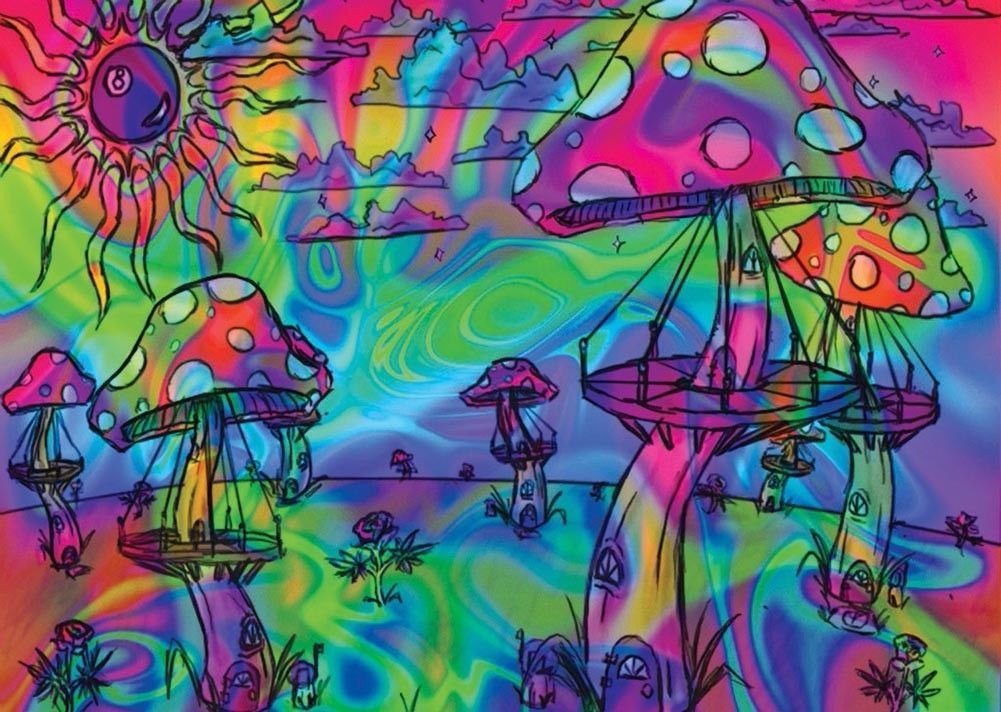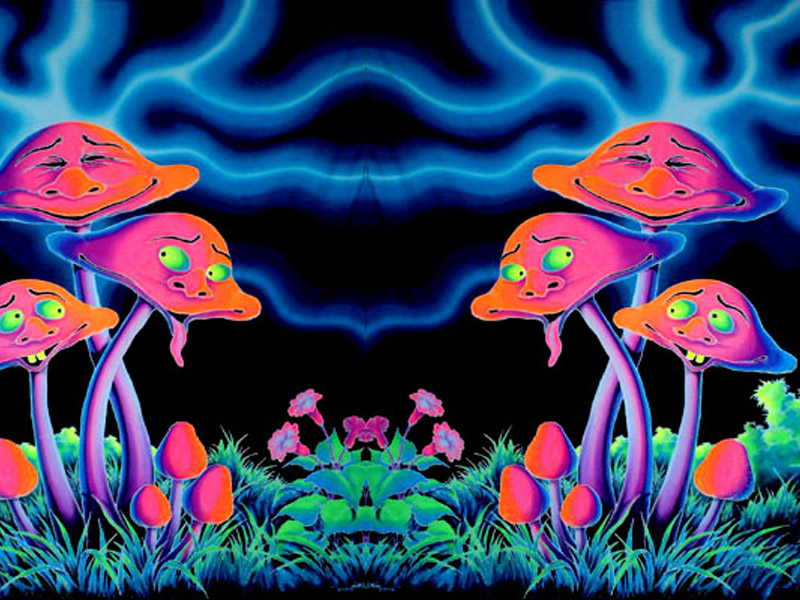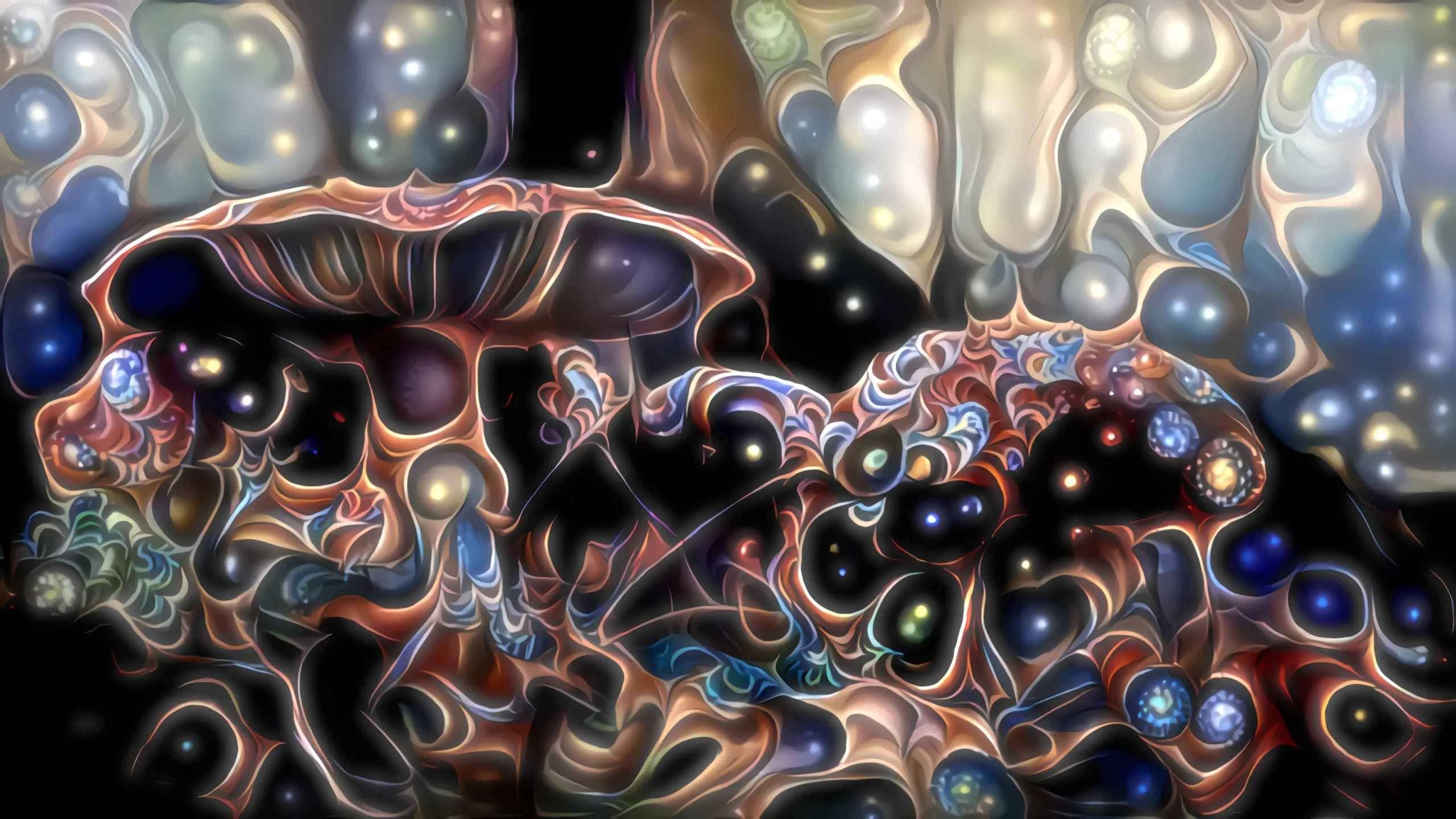News
Navigating the Practical Applications of Psychedelic Medicine
Journey beyond the realms of traditional medicine, the landscape of psychedelic medicine unfolds as a promising frontier. Beyond the stereotypical notions of mind-altering substances, practical applications of psychedelic medicine are gaining recognition for their potential therapeutic benefits. This exploration delves into the practical aspects of psychedelic medicine, navigating its diverse applications and shedding light on how these substances are emerging as agents of healing and transformation.
Psychedelic-Assisted Therapy: A Paradigm Shift in Mental Health
In the evolving landscape of mental health treatment, a groundbreaking paradigm shift is occurring with the rise of psychedelic-assisted therapy. This innovative approach challenges conventional methods and embraces substances like psilocybin and MDMA as integral tools in therapy. These psychedelics are proving to be catalysts for transformative breakthroughs, particularly in conditions such as depression, anxiety, and PTSD. The synergy between therapeutic guidance and the profound experiences induced by these substances opens doors to deep introspection, emotional release, and heightened self-awareness. Psilocybin, found in certain mushrooms, is known for inducing mystical experiences that can lead to significant shifts in perspective, while MDMA, commonly associated with ecstasy, fosters empathy and emotional connection. The marriage of therapeutic support with the unique insights facilitated by psychedelics creates a potent combination, allowing individuals to confront and process unresolved issues, ultimately paving the way for transformative healing. As research progresses, psychedelic-assisted therapy is emerging as a promising frontier, challenging traditional norms and offering renewed hope for those seeking more profound and lasting solutions to mental health challenges.
MDMA and the Path to Emotional Resilience

In the realm of trauma treatment, the exploration of MDMA as a therapeutic tool unveils a groundbreaking path to emotional resilience. Ongoing research and clinical trials are shedding light on the profound impact of MDMA in facilitating deep emotional processing, offering hope to individuals burdened by the lingering effects of past traumas. Unlike traditional therapeutic approaches, MDMA-assisted therapy creates a unique environment that allows individuals to confront and navigate their traumatic experiences with heightened emotional clarity and openness. The substance’s ability to temporarily dampen fear responses while promoting empathy and trust between individuals and their therapists is key to this transformative process. Patients often describe their MDMA sessions as an opportunity to revisit painful memories without being overwhelmed, fostering a sense of safety and empowerment. This innovative approach to trauma treatment goes beyond mere symptom alleviation; it aims to address the root causes of emotional distress, leading to lasting healing and emotional resilience. As the landscape of mental health evolves, the potential of MDMA in treating trauma stands as a beacon of promise, offering a novel and compassionate avenue for individuals on their journey toward recovery.
Enhancing Creativity and Cognitive Function
Amid a cultural shift, the microdosing revolution is gaining momentum as individuals turn to sub-perceptual doses of psychedelics to enhance creativity and cognitive function. This practice, popularized in places like Silicon Valley and artistic communities, involves consuming minute amounts of substances such as LSD or psilocybin regularly. Advocates of microdosing claim an array of benefits, including improved focus, heightened creativity, and an overall sense of well-being. While the scientific understanding of micro-dosing is still evolving, anecdotal reports suggest that these small doses may induce a subtle shift in perception without the pronounced hallucinogenic effects associated with larger quantities. The appeal lies in the potential for enhanced problem-solving, increased productivity, and a heightened ability to think outside conventional boundaries. As individuals explore this microdosing trend, it becomes a testament to the evolving relationship between psychedelics and cognitive enhancement, challenging traditional notions and paving the way for new perspectives on optimizing mental function in daily life.
Psychedelics and End-of-Life Care: Navigating Existential Distress

The integration of psychedelics, particularly substances like psilocybin, has emerged as a profound and compassionate approach to addressing existential distress. Navigating the delicate territory of mortality, individuals facing terminal illnesses often grapple with profound questions about life, meaning, and the nature of existence. Psychedelic experiences, facilitated in a therapeutic setting, become invaluable companions on this existential journey. Psilocybin, found in certain mushrooms, has shown remarkable potential in providing solace, acceptance, and a sense of transcendence to individuals confronting the challenges of mortality. These experiences are often described as mystical, creating a space for individuals to explore their innermost thoughts and emotions in a way that goes beyond conventional therapeutic approaches. By offering a unique perspective on life and death, psychedelics in end-of-life care provide an avenue for individuals to find peace, reconcile with their circumstances, and approach the end of life with a newfound sense of understanding and acceptance. As the exploration of psychedelics in end-of-life care advances, it represents a compassionate and holistic approach to supporting individuals during this profound and challenging chapter of their lives.
Addiction Recovery: Psychedelics as Catalysts for Change
A profound shift is occurring as psychedelics emerge as catalysts for transformative change. From ancient ayahuasca ceremonies to contemporary ibogaine treatments, these substances are proving instrumental in helping individuals break the cycle of addiction. The unique properties of psychedelics, particularly their ability to induce altered states of consciousness, are leveraged to promote self-reflection, confront underlying issues, and foster a renewed sense of purpose. Ayahuasca, a plant-based brew with deep roots in Amazonian traditions, is revered for its ability to elicit profound introspection and spiritual insights. On the other hand, ibogaine, derived from the iboga plant, is gaining attention for its potential to interrupt addictive patterns and provide individuals with a reset on their relationship with substances. By addressing the root causes of addiction and facilitating a profound reevaluation of one’s life, psychedelics offer a unique and promising path to recovery, marking a departure from conventional approaches and paving the way for a more holistic and transformative healing journey.
Bridging the Gap Between Experience and Healing

In the expansive realm of psychedelic exploration, the concept of psychedelic integration stands as a pivotal bridge between profound experiences and lasting healing. Psychedelic journeys often unveil insights, emotions, and perspectives that can be transformative, yet the key lies in integrating these revelations into one’s everyday life. Psychedelic integration involves a deliberate and therapeutic process, utilizing practices such as therapy and mindfulness to help individuals decipher the symbolic language of their experiences. Through guided introspection, individuals can make sense of the sometimes ineffable revelations encountered during their journeys, translating them into tangible changes in thought patterns, behaviors, and overall well-being. This intentional integration not only fosters a deep understanding of oneself but also promotes lasting transformation by anchoring the lessons learned during psychedelic exploration into the fabric of daily life. It serves as a compass for navigating the complexities of the human psyche, ensuring that the insights gained from psychedelics become powerful catalysts for enduring healing and personal growth.
Legal and Ethical Considerations: Paving the Way for Responsible Use
Conclude the exploration by delving into the legal and ethical considerations surrounding the use of psychedelic medicine. Discuss the evolving landscape of regulations and the importance of responsible use, emphasizing the need for comprehensive frameworks that prioritize safety, accessibility, and the ethical treatment of individuals seeking psychedelic-assisted healing.


